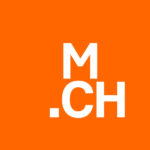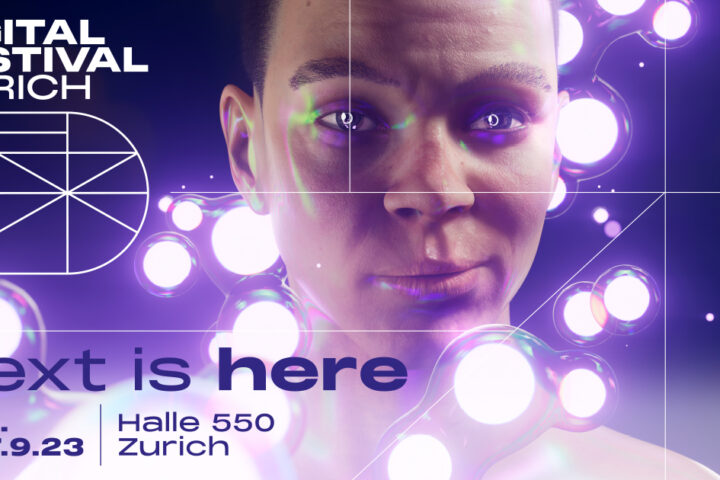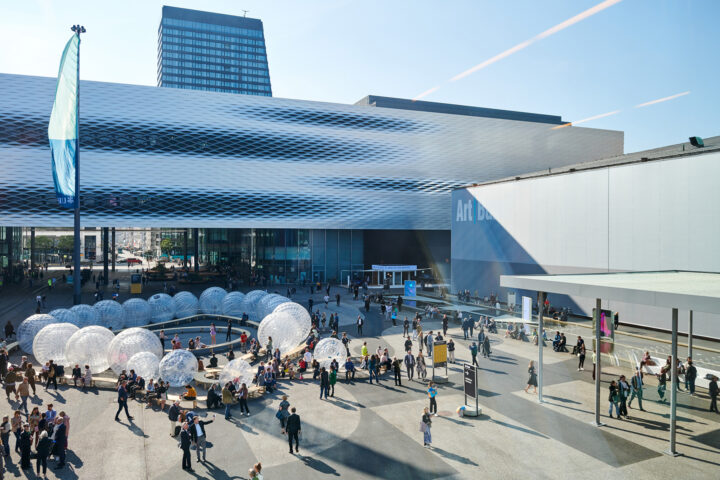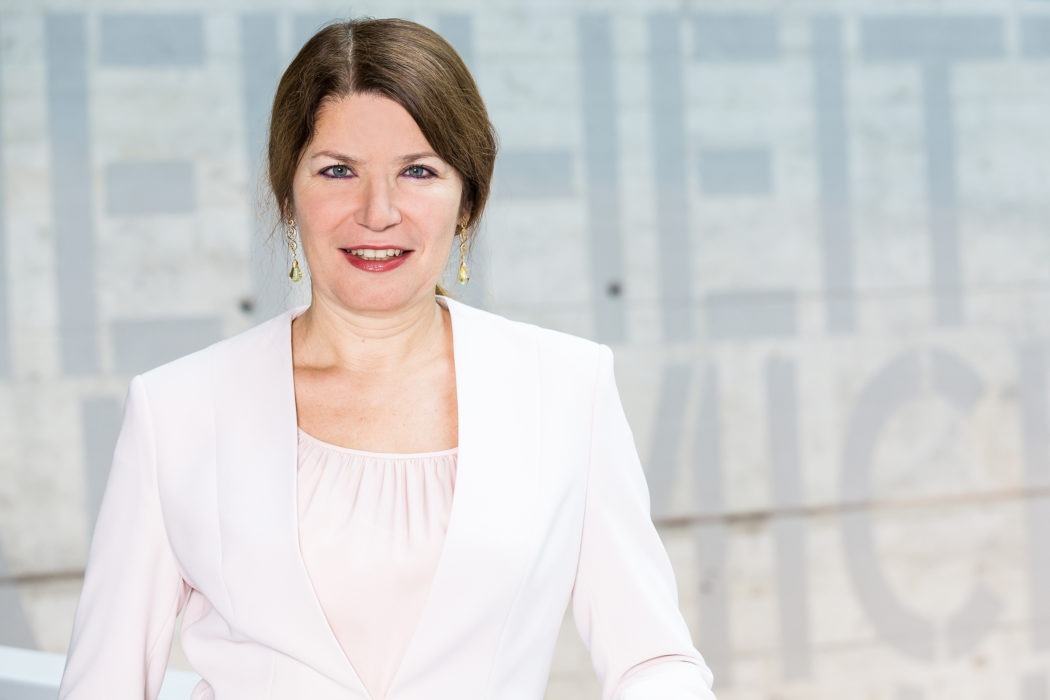
The answers can be found at didacta DIGITAL Swiss, our new meeting point for digitisation in education. From 28 to 30 November, new concepts and digital teaching resources, coding, robotics and infrastructure are being featured at Messe Basel for the first time. An interview with the Head of didacta DIGITAL Swiss, Encarnación Maria Dellai.
Earlier on, schools had a “computer room” which we were all allowed to visit once every two weeks. What role is digitisation playing in education today?
It’s revolutionising teaching at all the different levels of education. It’s our future. The switch to digital media is changing the role of teachers. The teacher no longer simply imparts knowledge but also explores new opportunities together with the pupils. This joint immersion calls for openness, courage and, naturally, digital competence too.
The majority of Switzerland’s schools have to upgrade their ICT infrastructure and make investments in order to meet the requirements of the new curricula. Meaningful digital education can only take place if schools have a correspondingly high-performance ICT infrastructure. Media-education concepts are also required, together with teachers who can integrate the technology reliably and sensibly into their teaching.
There are also model schools to be found, however, when it comes to confronting digital transformation, pressing ahead with it and implementing digital teaching. By taking up examples of best practice, headteachers and teaching staff will be explaining at didacta DIGITAL Swiss how they are getting their schools fit for digitisation, and how tablets and laptops form part of their basic equipment. Computer rooms and computers? That’s all history now.
If we look into the future, we are talking about smart learning environments where the classroom merges with digital learning opportunities. With technologies like virtual reality, the internet of things and wall projections, the room becomes a learning partner. In history lessons, for example, pupils can explore the burial chambers of Egyptian queen Nefertari themselves by putting on VR glasses. Learning becomes individualised and personalised too. Didactic, pedagogical and technological decisions then all have to be reconciled.
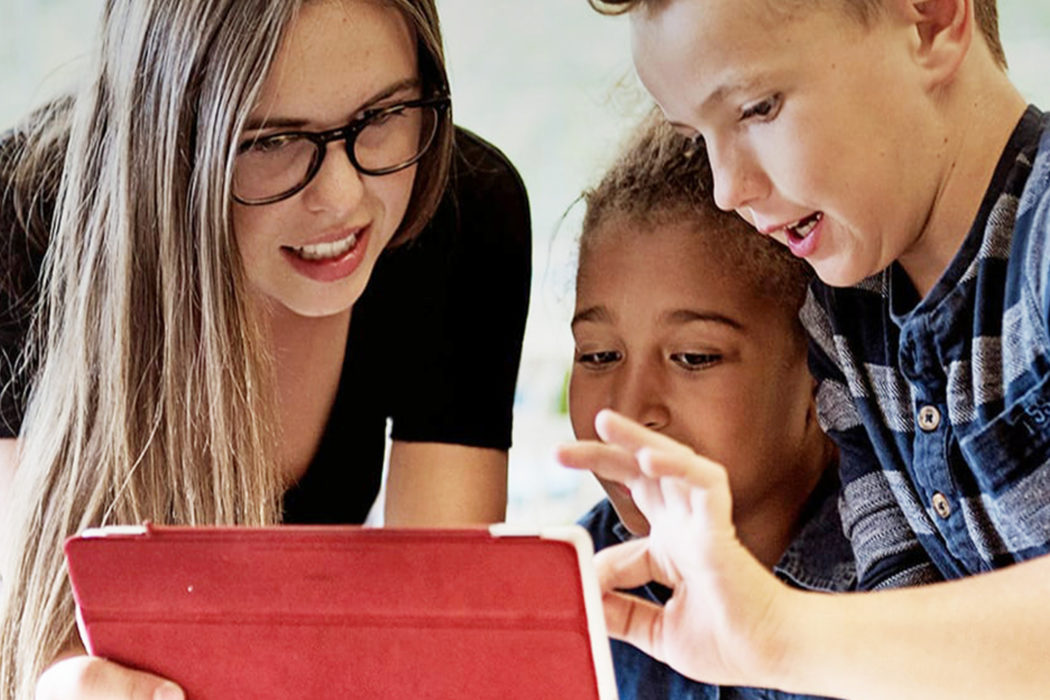
These sound like big challenges for the institutions and the teaching staff. How can didacta DIGITAL Swiss be of assistance here?
We want to acquaint headteachers, teaching staff and lecturers more closely with the opportunities offered by the digital media and encourage them to participate in the discussion and take up urgent issues. How can they strengthen the education process through digital resources? How can they shape the digital transformation in such a way that they fulfil their educational aims in the best possible manner? How can parents and grandparents accompany their children in the digital world?
didacta DIGITAL Swiss is a meeting point where headteachers, teaching staff, exhibitors and experts can engage in discussions. It combines an exhibition zone with an event platform for new pedagogical concepts, solutions and talks. In the exhibition zone, national and international exhibitors are presenting their solutions and putting the latest developments on show. To supplement this, speakers and guests will be explaining new concepts and opportunities for learning and teaching with digital media. The topics we are focusing on are digital basic education, educational use scenarios, digital teaching materials, apps, high-performance infrastructure, making robotics and coding.
We essentially want to promote the dialogue between education and digital technology and break down barriers – including the emotional ones.
What do you have to do when setting up a new event format?
Launching a new event requires a great deal of research work, a fantastic concept, a good network, an enthusiastic team and a great deal of courage!
What was somewhat lacking in our case was sufficient preparation time. All the different processes thus had to be mastered more or less simultaneously. Fortunately, we received a great deal of support from colleagues in other teams. This concentrated input of experience and know-how helped to get the project up-and-running in just a few months.
We naturally need exhibitors from the education industry and also experts as speakers who have confidence in us, support us and are in a position to embark on this experiment with us and accompany us along this important route.
I would like to express my thanks to the entire team and to all those involved for their confidence and commitment!
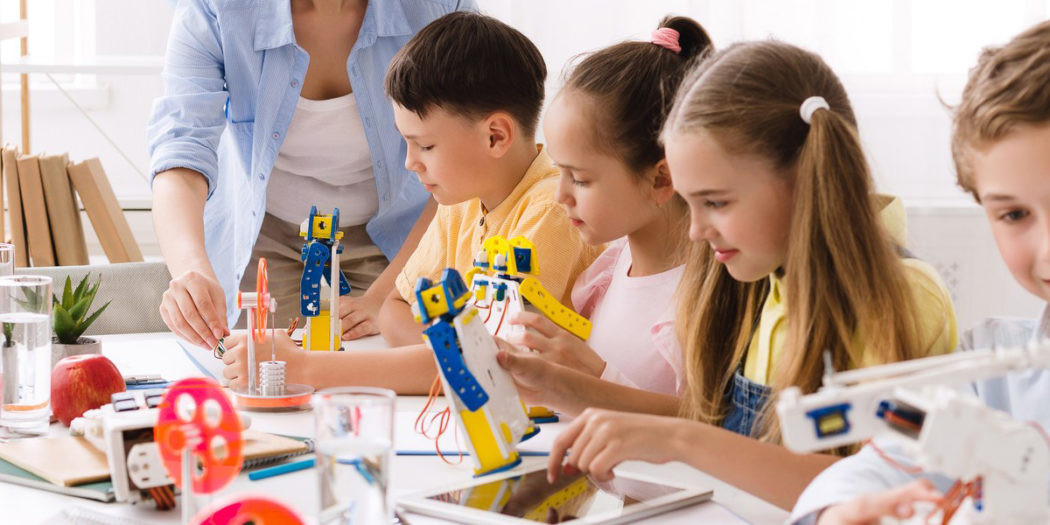
If you had to select three highlights: what are you especially looking forward to?
didacta DIGITAL Swiss is a high-quality event with excellent exhibitors and top-notch keynote speakers. There are thus many highlights that would be worthy of a mention. If I am only permitted to mention three, then:
- Panel discussion “Digital change in schools”: Cristina Riesen (founder of the We Are Play Lab Foundation), Rahel Tschopp (Head of the Media Education and IT Centre at the Zurich University of Teacher Education) and Dr. Beat A. Schwendimann (Head of the Pädagogische Arbeitsstelle LCH) discuss exemplary and outstanding practical examples of schools that have integrated digitisation in their teaching.
- Keynote speech “Productive failure and learning in the 21st century”: Dr. Manu Kapur is Professor of Learning Sciences at the ETH Zurich und lectures on the opportunities that are opened up by failure. Kapur, who has gained international recognition for his research, is of the firm opinion that teachers should not dictate solution approaches to their pupils but, instead, show them with difficult and, at first sight, unsolvable problems that failure can be converted to productivity and the learning effects transferred to other areas of life.
- Kids explain Tablet & Co. to their grandparents: In the CompiSternli generations project, children help older people to take their first steps with an iPad. Primary school teacher Dominic Walser from Bretzwil and his pupils look forward to accompanying senior citizens on their journey into the digital world every day from 9:00 to 11:00.
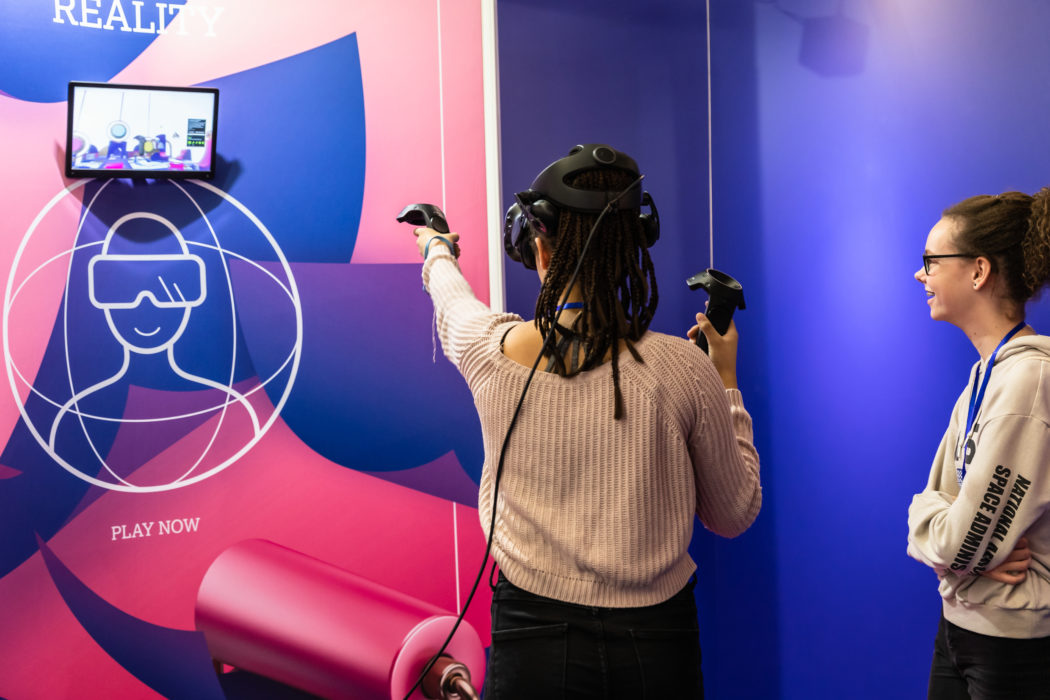
Topics such as virtual reality, coding and robotics are also being covered at didacta DIGITAL Swiss. How much of this is already reality?
Numerous exciting projects are running throughout Switzerland, and some of these will be presented. At the Knonau school in the Affoltern district of Canton Zurich, the “Robot Your Classroom” project is giving pupils the opportunity to gain experience with programming and robotics. They learn how programming patterns function, for example, and can apply these themselves in exercises. The school has developed a whole tuition series for the classes in Cycles 1 + 2, which covers different working and learning types and also uses programmable robots in some cases. The competences taught are built up step-by-step over all the different school levels. “Robot Your Classroom” has received an award and has also been celebrated internationally as an inspiring example.
In Basel, children and young people learn programming in a playful manner. Pupils in primary school and the first stage of secondary school love the Ozbots, small spherical robots about three centimetres high which enable them to gain experience in automation and programming. The Ozbots can follow lines drawn in felt-tipped pen and react to colour codes, and can also be controlled through their own programming environment. Positive experience has also been obtained in Basel with the low-threshold programming language, Scratch. This enables pupils to develop small games and programs. We are organising workshops on both Ozbots and Scratch at the event.
Virtual reality also harbours great potential for schools. It presents abstract topics in a comprehensible manner and allows pupils to experience knowledge. They can explore the oceans, take a trip through their own body or fly into space simply by putting on VR glasses. We are also focusing on the opportunities that this technology is opening up.
Good luck for the première!
Didacta DIGITAL Swiss
The new meeting point for digitisation in education
28-30 November, Messe Basel
www.didacta-digital.ch
